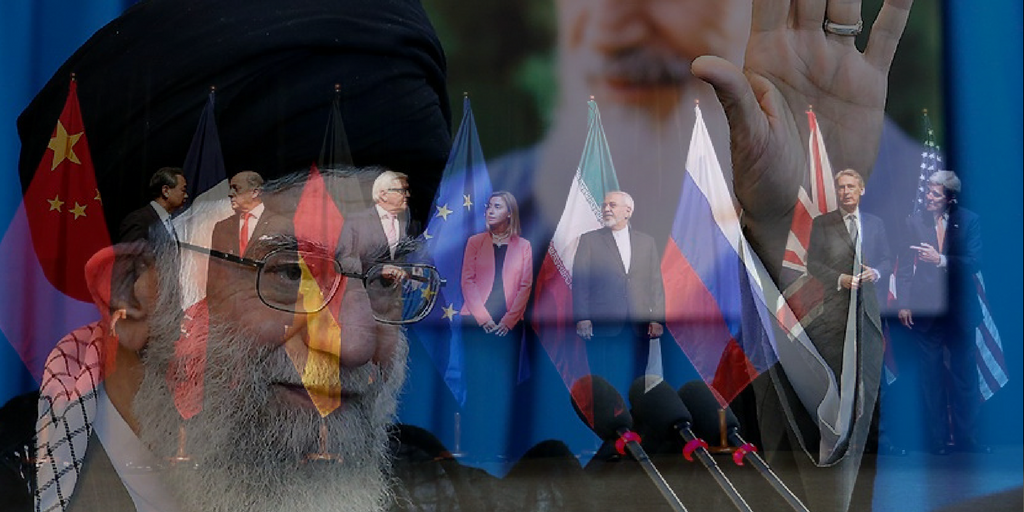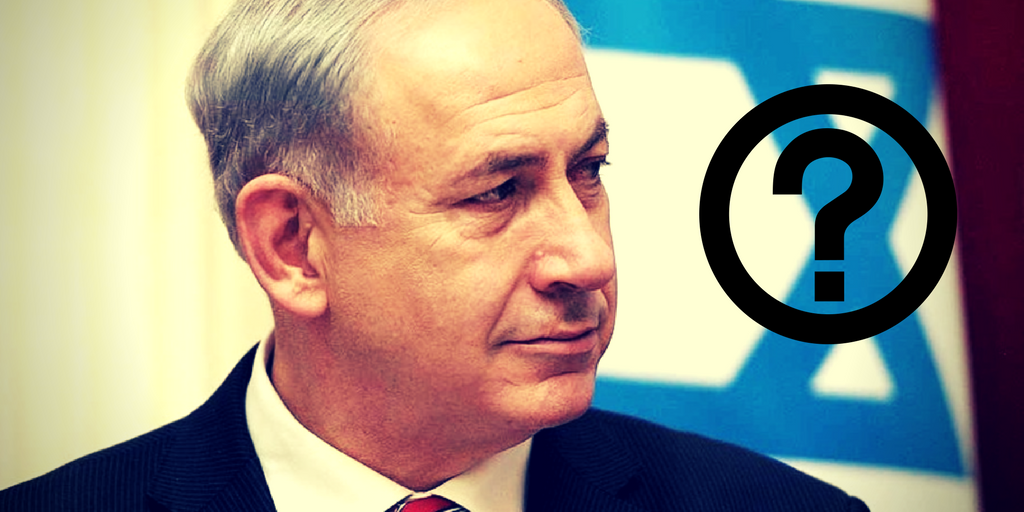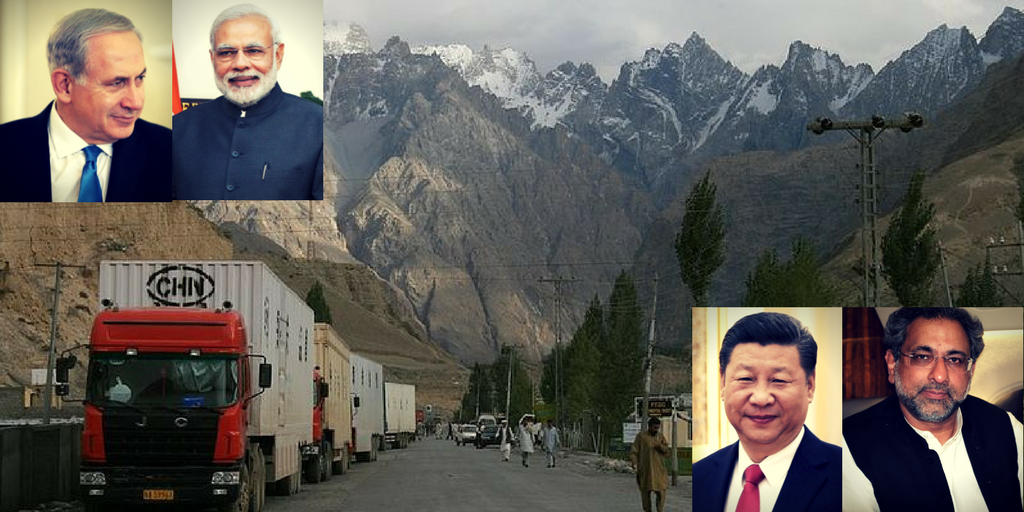So the case that spells Netanyahu’s doom is no case at all. It’s a policy dispute.
One of the distressing aspects of the police probes against Prime Minister Binyamin Netanyahu is that police seem to be attributing criminality to normal policy-making.
To date, the Bezeq-Walla investigation, dubbed Case 4000 by the police, is being presented as the mother lode – the probe that will sink Netanyahu.
Case 4000 exploded last week with pre-dawn arrests of some of the most powerful people in Israel. Telecommunications giant Bezeq’s owner Shaul Elovitch, his wife, Iris, and their son Or were nabbed in their beds. So was Netanyahu’s former communications chief Nir Hefetz and former director-general of the Communications Ministry and Netanyahu confidante Shlomo Filber.
The headlines screamed “Bribery!” And the reports were no calmer.
The media reported that the police have hard evidence Netanyahu and Filber colluded to give Netanyahu’s crony Elovitch hundreds of millions of shekels in tax and regulatory breaks for Bezeq. In exchange, Elovitch, who also owns the popular Walla Internet site, agreed to give positive coverage of Netanyahu and his wife, Sara, on Walla’s news site.
Before we could consider the evidence, Netanyahu’s fate was sealed. He was a goner.
But when the smoke cleared, it became apparent that there isn’t anything there.
Netanyahu and Filber did give Bezeq and its subsidiary, satellite television provider Yes, regulatory and tax breaks.
On the regulatory side, the Communications Ministry agreed to end the forced separation between the two commonly owned corporations.
As Eli Zippori noted last Friday in Globes, far from being a criminal conspiracy, the move was perfectly sound policy. By allowing the two companies to work together, the government improved the lot of consumers. Together they could offer the public discounted service bundles that include landlines, Internet service and television service.
Moreover, in exchange for permitting them to work together, Bezeq agreed to permit private Internet providers to operate off of its communications infrastructure. Today, Zippori noted, 550,000 Israelis receive Internet through such services.
Would another policy move have brought better results for the public? Maybe. But that doesn’t mean this policy was wrong or criminal.
As for the tax breaks, it is true that Yes received hundreds of millions in tax relief. Yet as Zippori noted, Yes’s corporate losses topped a billion shekels. The Income Tax Authority routinely gives tax relief to corporations that lose money. And the higher the losses, the higher the tax break.
Would it have been better for the government to discriminate against Yes? Maybe. But that doesn’t mean this policy was wrong or criminal.
So the case that spells Netanyahu’s doom is no case at all. It’s a policy dispute. It isn’t surprising that the police are trying to criminalize Netanyahu’s policies in Case 4000. They’re doing the same thing in Case 1000 and in Case 3000.
Case 1000 involves Netanyahu’s support for amending the so-called Milchan law. The law, passed in 2008 under the Olmert government, provides a 10-year income tax and reporting exemption for overseas income. The law was passed to encourage wealthy expatriates and immigrants to move to Israel. It is called the Milchan law because businessman Arnon Milchan pushed very hard to get it passed.
In 2013, Milchan sought to extend the law’s exemptions to 20 years. Netanyahu supported its extension.
The police allege that Netanyahu’s support for the law’s extension owes to the fact that Milchan gave him free cigars for a decade or so. The problem with the police’s claim is that Netanyahu’s position reflects the same economic positions he has held for decades. Moreover, his position was shared by the Immigration and Absorption Ministry, which like him, supported the law and the proposed amendment because it encouraged immigration of wealthy individuals and capital flows into Israel.
Then-finance minister Yesh Atid chairman Yair Lapid is the star witness against Netanyahu. Although like Netanyahu, Lapid and Milchan are old friends, and Lapid met with Milchan twice about the proposed amendment, Lapid eventually bowed to his ministry’s position that the law induced money laundering and is therefore problematic.
Was Netanyahu’s position wrong? Did the Finance Ministry’s position serve the public’s interest better? Maybe. But that doesn’t mean his policy was wrong or criminal.
In Case 3000, Netanyahu is accused of basing his support for Israel’s purchase of German submarines on his cronies’ monetary interests. Netanyahu’s attorney and cousin David Shimron represented the German shipyard.
The problem with this claim is that Netanyahu has publicly supported expanding and modernizing Israel’s submarine fleet for 20 years.
True, some senior officials in the IDF and the Defense Ministry oppose expanding Israel’s submarine fleet. Their position is not without merit. But that doesn’t mean that Netanyahu’s position was wrong or criminal.
Yet in all of these cases, the police leakers are telling the media that Netanyahu’s policy positions were criminal acts. Rather than reject these claims as absurd on their face, and recognize that they contradict the basic values of a free society, the media have been mindlessly parroting them.
Which brings us to Case 2000 and the second half of Case 4000.
These investigations revolve around the premise that Netanyahu engaged in criminal activity when he sought to receive less hostile coverage from the Yediot Aharonot media group and from Walla news portal.
Yediot publisher Arnon Mozes and Elovitch are accused of offering bribes to Netanyahu in the form of better coverage in exchange for governmental support for their business interests. In Mozes’s case, he asked Netanyahu to act against Israel Hayom, Yediot’s primary competitor. In Elovitch’s case, Netanyahu allegedly agreed to provide Bezeq/Yes with regulatory and tax breaks in exchange for supportive coverage in Walla.
There are two problems with these allegations. First, Yediot’s implacably hostile coverage of Netanyahu never improved. And, as an inquiry at Mida website this week demonstrated, like Yediot, Walla’s coverage of Netanyahu is relentlessly negative.
Investigations 2000 and 4000 are predicated on a draconian premise that rejects the very notion of freedom of speech and expression. The premise is that any time a reporter writes about a public figure, he is offering that public figure a bribe. His expectation in writing his article is that at some point, the politician will pay him back for his work.
Conversely, if a reporter writes negatively about a public figure, he is extorting him. Under this premise, Mozes and Elovitch gave Netanyahu bad coverage because that gave them a bargaining chip against him. In exchange for better coverage, they could expect him to do something for them.
In other words, these probes assume that all reporting is inherently corrupt and criminal.
All of the police probes suffer from another problem – they all scream out selective law enforcement.
As Zippori notes, whereas Case 4000 is premised on the notion that a pro-business regulatory environment is inherently criminal, investigators never probed an even larger tax break the Communications Ministry conferred on Yes’s top competitor, the HOT cable television provider.
According to Zippori, HOT received tax breaks totaling more than a billion shekels over several years. It received these tax breaks despite the fact that it failed to abide by its obligation to provide cable service throughout Israel.
During the period HOT received the tax breaks, Mozes and his partner Eliezer Fishman were major shareholders in the company. The tax breaks continued when Mozes’s close friend Patrick Drahi bought their shares.
In other words, Netanyahu and Filber are being treated like Al Capone for giving standard tax breaks to Yes, which is owned by his friend Elovitch. Fliber’s predecessor Avi Berger gave tax breaks to Netanyahu’s nemesis Mozes, and the media is treating him like a principled professional.
This brings us back to Case 2000. Netanyahu is accused of accepting a bribe of good coverage from Mozes and in exchange working to curtail the operations of Israel Hayom, Mozes’s chief competitor. Never mind that Netanyahu did no such thing, and preferred to bring down his own government in 2014 rather than harm Israel Hayom.
Forty-three members of Knesset voted in favor of the “Israel Hayom bill” that would have shut down Mozes’s competitor. They are not under investigation.
Lapid, the star witness against Netanyahu in the Milchan law probe, met twice with his old friend Milchan to discuss the law during his tenure as finance minister. Lapid never reported his meetings.
And he’s the star witness against Netanyahu, not the subject of a probe.
Lapid’s Yesh Atid party went out of its way to advance Mozes’s financial interests. Not only did more than half of Yesh Atid lawmakers vote for the “Israel Hayom bill.” Lapid’s ministers – then-education minister Shai Piron, then-minister of social affairs Meir Cohen and then-science minister Yaakov Peri, paid Yediot millions of shekels from their ministries’ budgets for advertising.
And they all received fantastic coverage.
And none of them is under investigation.
The final problem with the investigations of Netanyahu is that as we saw this week, the police’s openly obsessive desire to “get” Bibi is corrupting the law enforcement and judicial community.
This week Channel 10 published text messages sent between magistrate’s court judge Ronit Poznansky-Katz and Israel Securities Authority investigator Eran Shaham-Shavit. In their text exchange, the two discussed and agreed on the length of continued confinement of suspects detained in Case 4000.
It is possible to read their exchange, in which they discuss the police investigators’ obsession with keeping the suspects remanded to jail, as friendly banter. It is also possible to interpret their text exchanges more critically. Shaham-Shavit wrote: Police investigators “almost beat me up or arrested me.” He angered them because he supported releasing the suspects earlier than the police investigators did. Poznansky-Katz’s responded sympathetically, “I think there is nothing scarier than that.”
It’s easy to read this as two colleagues commiserating about out of control police investigators ready to run over anyone who stands between them and their prey – Prime Minister Netanyahu.
However you interpret their exchange, the fact is that their messages were a crime. They coordinated Poznansky-Katz’s rulings before the defendants were allowed to present their cases. Yet, whereas Netanyahu’s advisers and friends are treated like mafia bosses for advancing legal policies, Poznansky-Katz and Shaham-Shavit were let off with administrative slaps on their wrists.
And we’re supposed to believe in the justice system.
It is easy to get swept away in the flood of prejudicial leaks and biased reporting that have already indicted, tried and pronounced Netanyahu’s guilt. But when you analyze the actual cases being assembled against him, it becomes clear that not only is there nothing there, these probes themselves represent an unprecedented assault on the basic norms of Israel.
Originally Published in Jerusalem Post








